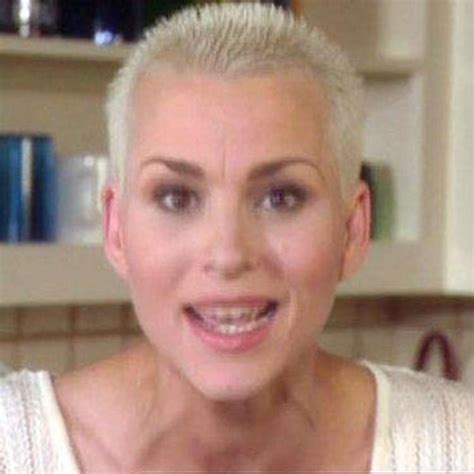A Quote by C. S. Lewis
Only the skilled can judge the skillfulness, but that is not the same as judging the value of the result.
Related Quotes
. . . you [film critics] always overstress the value of images. You judge films in the first place by their visual impact instead of looking for content. This is a great disservice to the cinema. It is like judging a novel only by the quality of its prose. I was guilty of the same sin when I first started writing for the cinema. . . . Now I feel that only the literary mind can help the movies out of that cul de sac into which they have been driven by mere technicians and artificers.
There exists in our society widespread fear of judging…[B]ehind the unwillingness to judge lurks the suspicion that no one is a free agent, and hence doubt that anyone is responsible or could be expected to answer for what he has done…Who has ever maintained that by judging a wrong I presuppose that I myself would be incapable of committing it?
We preach and practice brotherhood — not only of man but of all living beings — not on Sundays only but on all the days of the week. We believe in the law of universal justice — that our present condition is the result of our past actions and that we are not subjected to the freaks of an irresponsible governor, who is prosecutor and judge at the same time; we depend for our salvation on our own acts and deeds and not on the sacrificial death of an attorney.
Science has long been in the value business. Despite a widespread belief to the contrary, scientific validity is not the result of scientists abstaining from making value judgments; rather, scientific validity is the result of scientists making their best efforts to value principles of reasoning that link their beliefs to reality, through reliable chains of evidence and argument.





































